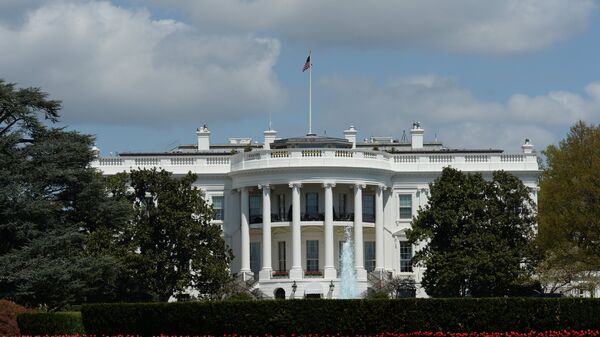"This amendment would re-establish the walls between intelligence and law enforcement that our country knocked down following the attacks of 9/11 in order to increase information sharing and improve our national security. The Administration urges the House to reject this amendment and preserve the useful role FISA’s Section 702 authority plays in protecting American lives," Sanders was quoted as saying by The Washington Times newspaper.
The statement precedes the US House of Representatives vote, set to take place on Thursday on a bill that will extend the existing surveillance programs for foreigners for six years with minor changes.
READ MORE: Congress Seeks to Increase FBI Surveillance Powers, Here's What They Already Got
At the same time, the House will consider an amendment that suggests banning the National Security Agency (NSA), the Federal Bureau of Investigation (FBI) and other special services from reading US nationals' messages, which may find themselves in extensive intelligence databases "incidentally" collected across the world.
Section 702 of FISA, which has come under fire in recent years for abusing these authorities and spying on US citizens, authorizes the US intelligence community to target communications of non-US citizens who are outside of the United States for foreign intelligence purposes.
Mass surveillance by Washington both domestically and abroad came to light when former NSA employee Edward Snowden turned into a whistleblower, publishing corresponding classified documents in 2013. The revealed information prompted criticism from foreign governments, as well as human right advocates and activist groups across the globe. The whistleblower himself had to flee the country and was granted temporary asylum in Russia.
READ MORE: Whistleblower: New NSA Chief Must Be Given ‘Mandate to Ferret Out Wrongdoing'
The controversial FISA amendment was passed in 2008, authorizing security and intelligence agencies, including the FBI, to monitor communications of American citizens "for up to a week" without a warrant, as long as one of the parties is outside the US. The bill soon became legal grounds for surveillance programs, including such as PRISM, which involves the collection of emails, chat messages and videos from tech companies.


